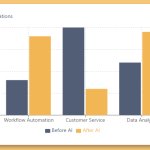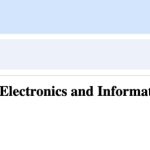Hustler Words – Duolingo’s recent announcement of its transition to an "AI-first" company, involving the replacement of contractors with artificial intelligence, has sparked a heated debate about the burgeoning AI jobs crisis. As reported on hustlerwords.com, journalist Brian Merchant highlights this move as a stark indicator that the crisis isn’t a future threat; it’s happening now.
Merchant’s investigation reveals that this isn’t a sudden shift in Duolingo’s strategy. The company reportedly cut approximately 10% of its contractor workforce at the end of 2023, followed by another round of cuts in October 2024. These cuts disproportionately affected translators and writers, who were replaced by AI systems. This aligns with observations made in The Atlantic regarding the unusually high unemployment rate among recent college graduates, suggesting a broader trend of AI replacing entry-level white-collar positions.

The situation, according to Merchant, isn’t a technological apocalypse, but rather a reflection of corporate decisions driven by cost-cutting and increased managerial control. The consequences, he argues, are already visible: a decline in income for freelance artists and writers and a general corporate reluctance to hire human workers. He describes the situation as "attrition in creative industries," further emphasizing the human cost of this AI-driven shift.

Related Post
Merchant’s analysis paints a picture of a crisis not fueled by sentient robots, but by strategic choices made by executives prioritizing efficiency over human employment. This raises serious questions about the long-term impact of AI on the job market and the ethical considerations surrounding its implementation. The Duolingo case serves as a cautionary tale, highlighting the potential for AI to exacerbate existing economic inequalities.









Leave a Comment